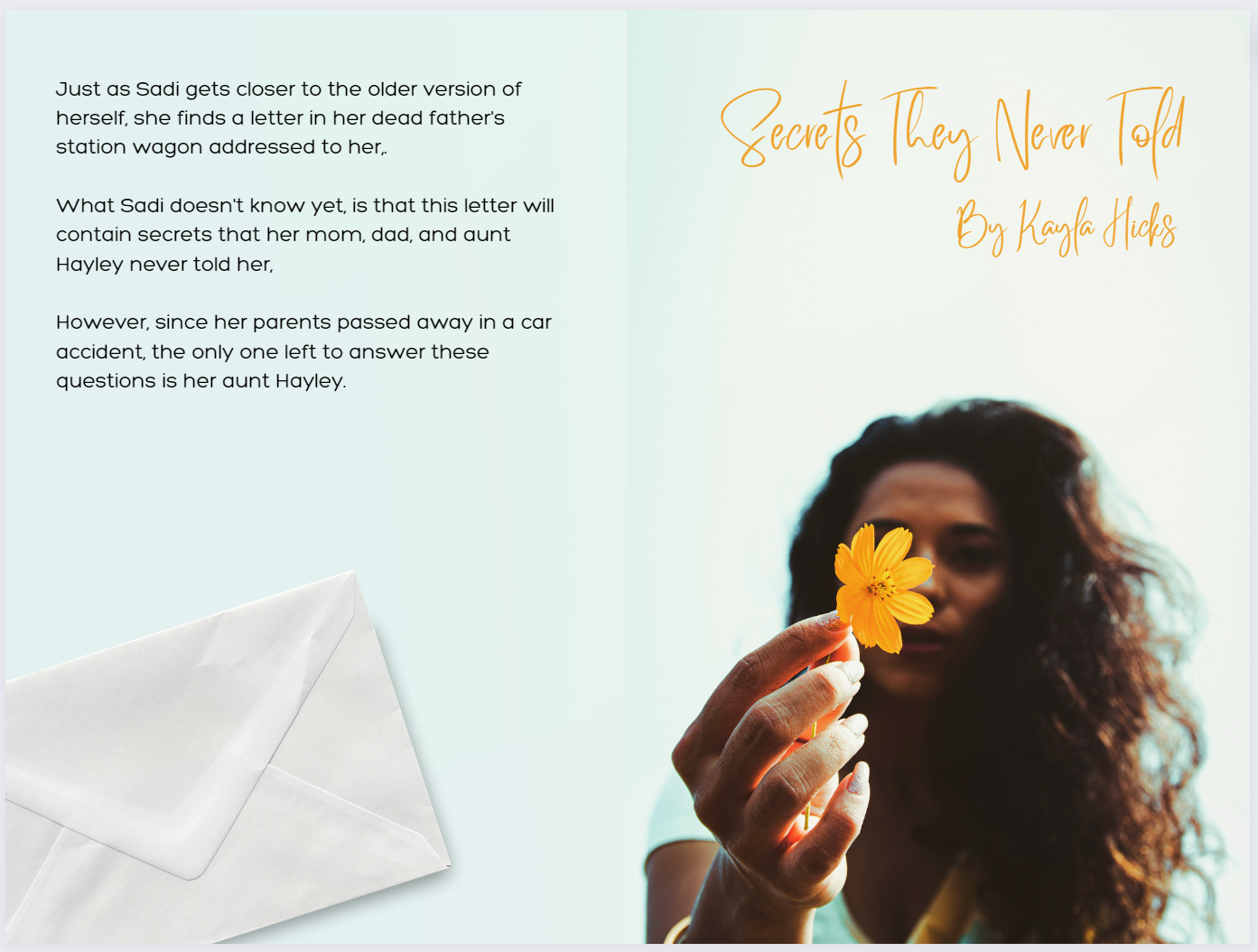Detailed Research Makes Your Writing Better

The more in-depth your research is, the more believable and better your writing will be
As writers, we want to be able to fully immerse readers in the story.
Immersing the readers in the time period, location, characters, and situations the story brings is proof that your writing is great. And in order to do this, we need to make sure that our facts align with the truth and reality to make it believable to the reader. This is why we need to dig in and do the research to accomplish this.
As tedious as research is, this is a key piece that is going to provide the details your reader needs to fully immerse themselves in your story.
Because let’s face it, as much as we want to, we writers don’t always have the money to pay for travel. Traveling somewhere would give us first-hand experience that a simple internet search wouldn’t give. By this I mean, smells, the weather, and the atmosphere we would experience somewhere.
Sometimes writers wonder what types of research need to be done in order to give this immersive experience.
The simple answer here is that you want to be sure that the reader can imagine it all in their head.

For example, my book Secrets They Never Told is based in the Outer Banks.
Having never been to the Outer Banks myself, I needed to conduct research on the area, its history, and the sights to see. I learned important information in regard to the local legends, and special aspects of their beaches and wildlife parks.
In this story, the characters sightsee some touristy spots including Ghost Tours, and go on kayak tours through KittyHawk nature park. Turns out, doing some research on companies in the area that offered these turned up some wonderful research material for me to incorporate into the story.
For this book, I really struggled to move it along in the middle.
That was where the research I did came in handy. Because it helped me give the characters things to do that didn’t always just move the plot along. And it always helped me realize that a story also needs other fillers to help provide a more rounded story.

For example, my book Kale Stone: An Outliers Tale is a dystopian book.
The characters needed to travel from barren wasteland to dessert and finally to the jungle. I needed to specifically research the climates, the resources they would come across in each environment, and how they could handle the types of medical injuries they could acquire in combat.
By doing this research, I was able to paint an accurate picture for the reader of each area the characters traveled to.

For example, my book The Original Superheroes required me to do a considerable amount of research on the police department in regard to ranking and each section's job duties.
The main character begins as a beat cop, begins doing undercover work which causes him to deal with undercover cops, and ends with him working with the captain. As he phased and worked with each of these ranks in the department, I needed to have enough information to keep the reader in the loop. This way they could feel like they knew as much as the main character about the department.
After learning about how the police department worked, I needed to change the way the other characters saw the main characters' actions.
It became very clear that he couldn’t know everything and save the day just like that. He was going to make mistakes and as a result, I made the other characters call him out on it. And in the end, this made the story much better.
When conducting research for a book, it’s good to write down what you need to know for the book.
Starting with a roadmap is going to get you much further than jumping right in.
If you are researching locations, begin by searching for things to do in the area where your book takes place. Doing so will often bring up companies that offer these services and must-see destinations in the area. And what’s better is that these companies and must-see destinations are going to list interesting facts and tidbits that give you more leads to research.
In addition to location research, writers may find themselves needing information on heritage legends, characteristic traits, or even in-depth information about specific skills or hobbies that character enjoys.
For example, a person researching information for a time traveler going back in time to the 1930s may need to research the fashion and societal norms of the 1930s so their character can blend in. Finding information such as this, however, may require you to fact-check among multiple sources. Readers value the time you dedicate to ensuring the facts are real.
It’s amazing how much information you can find with a simple internet search.
There are going to be times when no amount of research is going to make a book work.
These are going to be cases when writers are exploring futuristic ventures or even very primitive times.
The research aspect may not be helpful because humanity either hasn’t experienced it yet or it's something so far in the past that there isn’t enough research to give you a clear perspective. But if this is the case, it’s time to get creative, do your best, and gather feedback from readers. These readers are going to be able to tell you if it all works or not.
Remember that doing research for your book is only going to make it better.
